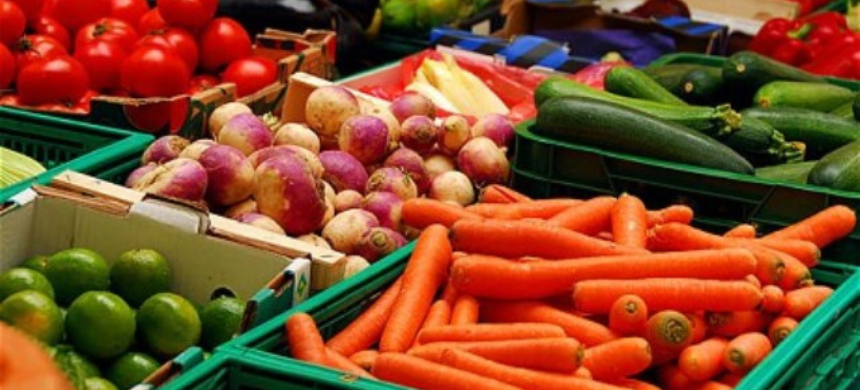Tackling Inflation in Pakistan: A Comprehensive Approach
Inflation has become a critical issue in Pakistan, deeply impacting citizens’ daily lives and posing significant challenges for the government. Rising prices have eroded consumers’ purchasing power, leading to financial hardship for families and businesses. To address inflation effectively, a multifaceted approach is required—one that targets the underlying economic factors driving price increases and addresses the immediate needs of the population.
Root Causes of Inflation
The causes of inflation in Pakistan are complex and interconnected. Factors such as supply chain disruptions, global commodity price fluctuations, and domestic issues—including political instability and poor governance—contribute to the inflationary environment. The country’s reliance on imports for essential goods makes its economy vulnerable to global economic shocks, which further intensifies inflationary pressures. To combat inflation effectively, the government must adopt policies that stabilize the economy and boost domestic production.
Enhancing Agricultural Productivity
A key strategy in curbing inflation is improving agricultural productivity. Agriculture is vital to Pakistan’s economy, providing livelihoods for millions and ensuring food security. By modernizing farming practices, providing access to quality seeds, and improving irrigation systems, crop yields can increase, reducing dependence on imported food. Supporting farmers with resources, training, and better market access can stabilize food prices and alleviate some of the inflationary pressures faced by consumers.
Monetary Policy and Interest Rates
Monetary policy plays a crucial role in controlling inflation. The State Bank of Pakistan needs to balance interest rates carefully to control inflation while promoting economic growth. Although higher interest rates can help reduce inflation, they also slow economic activity and increase borrowing costs for businesses and consumers. The challenge lies in striking the right balance to maintain economic stability. Additionally, reducing the fiscal deficit is essential, as excessive government borrowing can exacerbate inflationary pressures.
Improving Supply Chain Efficiency
Efficient supply chains are key to controlling inflation. By reducing bottlenecks in transportation and logistics, costs can be lowered, and goods can reach consumers at more affordable prices. Streamlining customs processes and investing in infrastructure can improve the flow of goods, reducing the impact of disruptions on prices. Furthermore, encouraging competition in key sectors can prevent price manipulation and ensure consumers access affordable goods.
Public Awareness and Consumer Education
Public awareness is vital in tackling inflation. Educating citizens about the causes and effects of inflation can help them make better financial decisions. Responsible consumer behavior, such as budgeting and prioritizing spending, can help families manage their finances during periods of inflation. The government could also consider price control measures for essential goods, but these should be carefully monitored to avoid shortages or discouraging production.
Collaboration and Stakeholder Engagement
A concerted effort from the government, businesses, and civil society is essential for addressing inflation. Engaging all stakeholders in discussions can identify challenges and create effective solutions. For instance, including businesses in conversations about pricing strategies can ensure transparency and accountability, ensuring that price hikes are justified. Additionally, fostering a supportive environment for small and medium enterprises (SMEs) can promote competition and contribute to price stability.
Read More: Inflation rises to 23.33%, causing price hikes in essential commodities
Social Safety Nets and Support for Vulnerable Populations
Inflation has a disproportionate effect on low-income households, exacerbating poverty and inequality. To address this, the government must implement social safety nets and targeted support programs. Cash transfers, food subsidies, and access to essential services can help vulnerable populations navigate the hardships caused by inflation. These initiatives will provide much-needed relief and ensure that inflation does not push more families into poverty.
Conclusion
In conclusion, tackling inflation in Pakistan is a complex, multifaceted challenge that requires the combined efforts of the government, businesses, and citizens. By addressing the root causes of inflation, improving agricultural productivity, implementing sound monetary policies, enhancing supply chain efficiency, and educating the public, Pakistan can stabilize prices and safeguard the welfare of its citizens. With collective action and collaboration, Pakistan can overcome its inflationary challenges and work toward a more prosperous and stable future for all.











